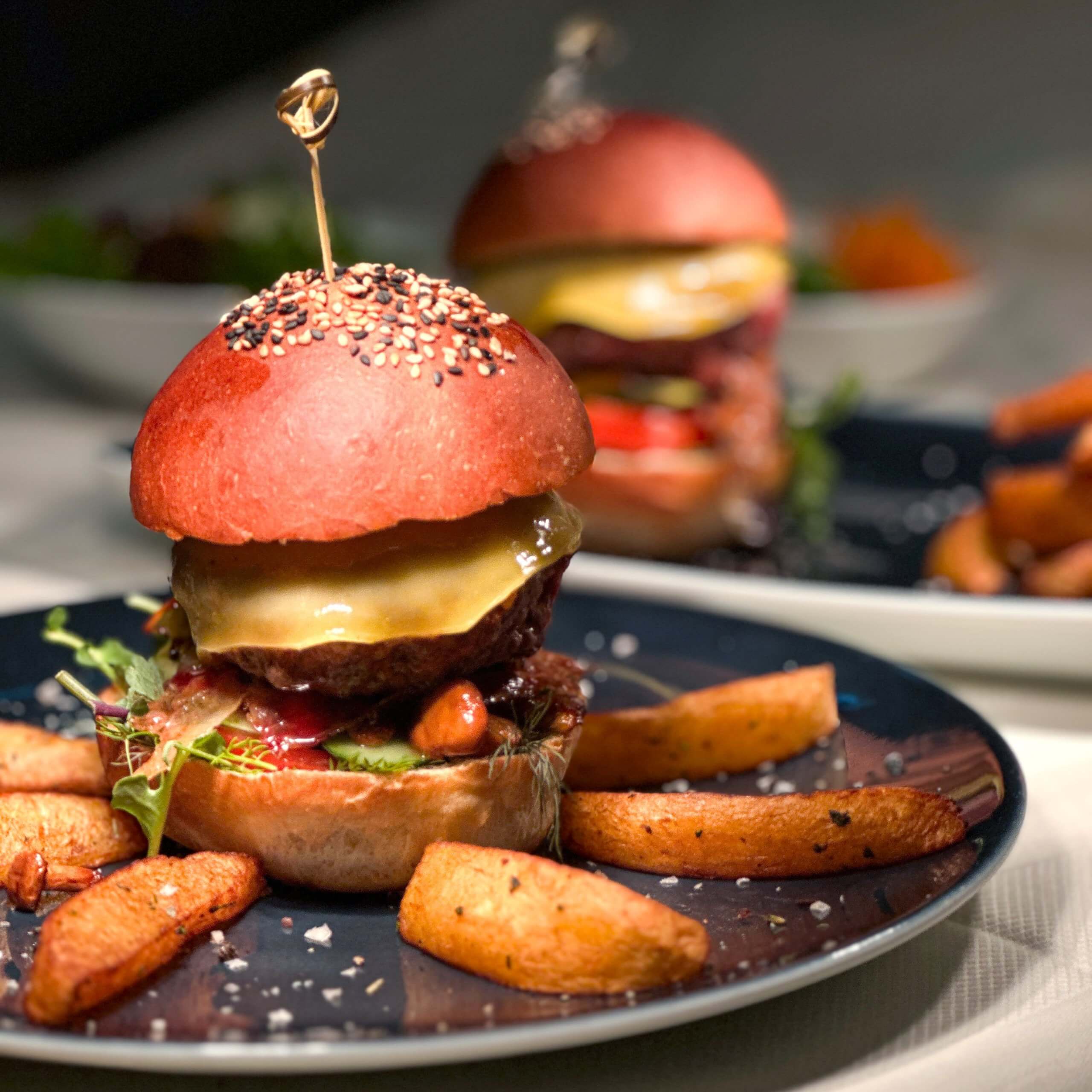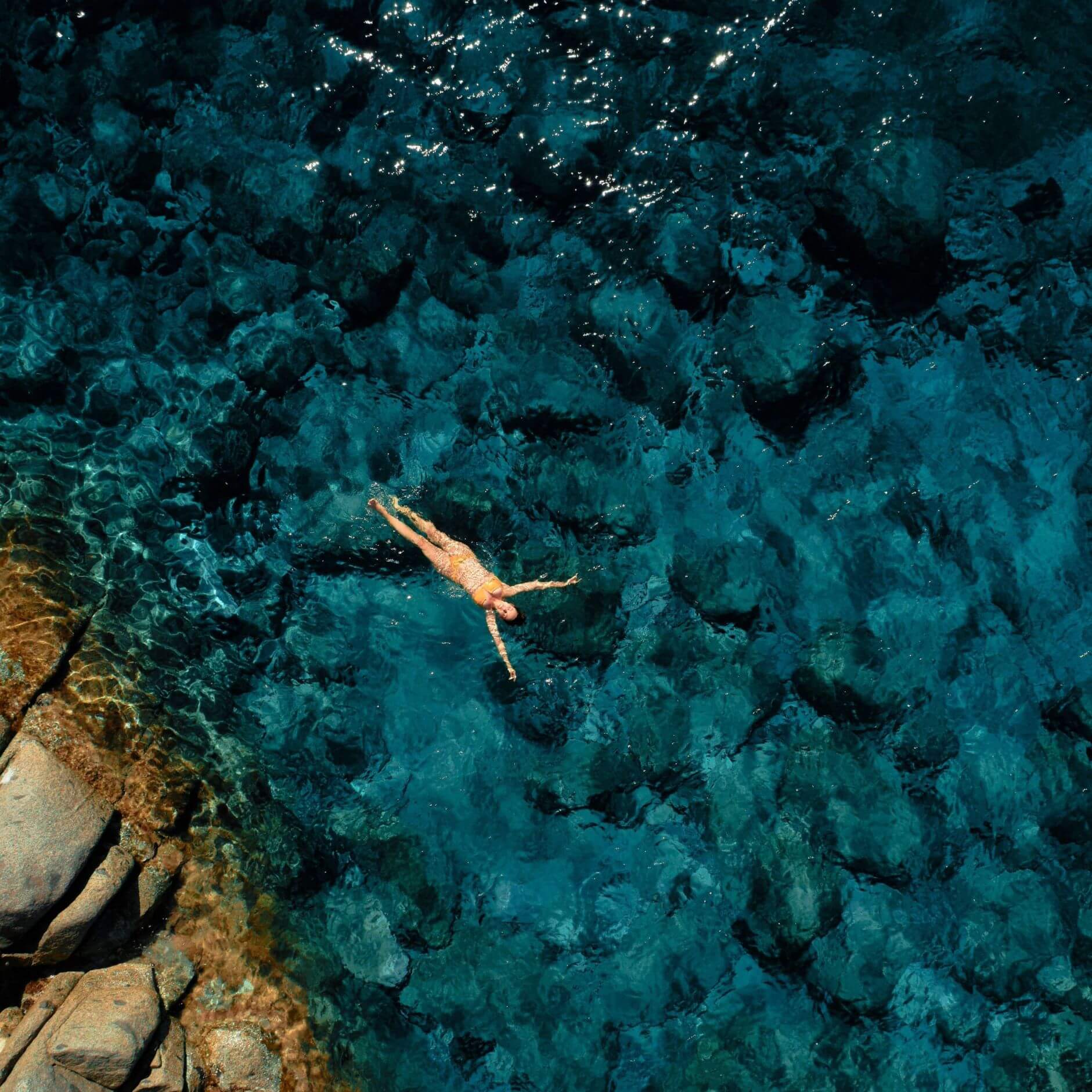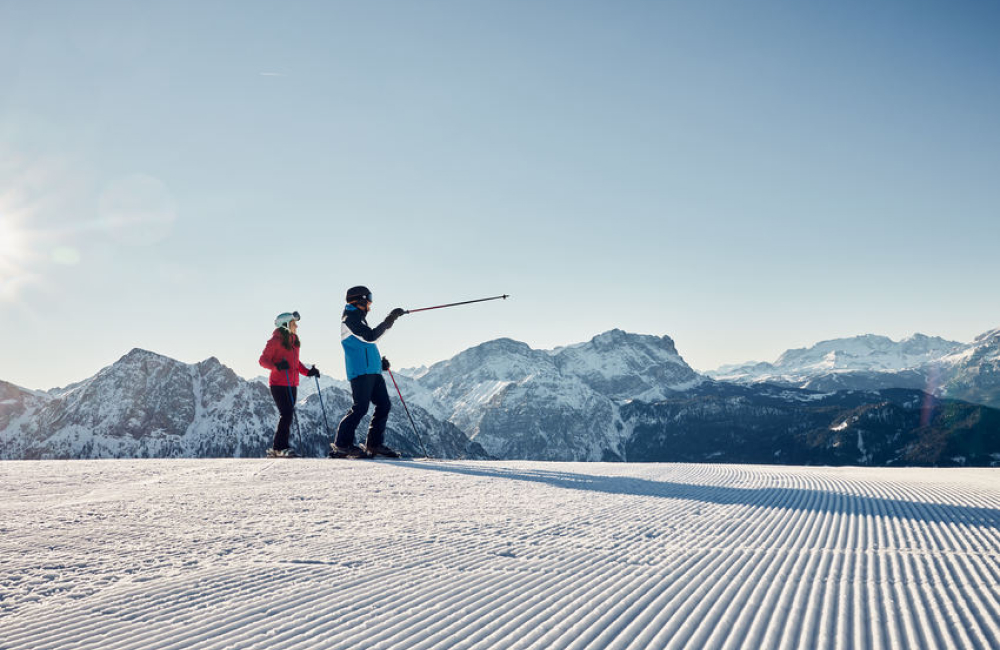In conversation with Markus Gladitsch – sommelier at the Falkensteiner Schlosshotel Velden – about “funky” wines, how a lack of tips changed his life and how he himself wrote a piece of Carinthian history…
Can anyone become a sommelier?
Yes, in principle they can. Anyone can call themselves a sommelier – it is not a protected term, so anyone can call themselves a sommelier or sommelière without prior training. There are also courses that you can attend at any time.
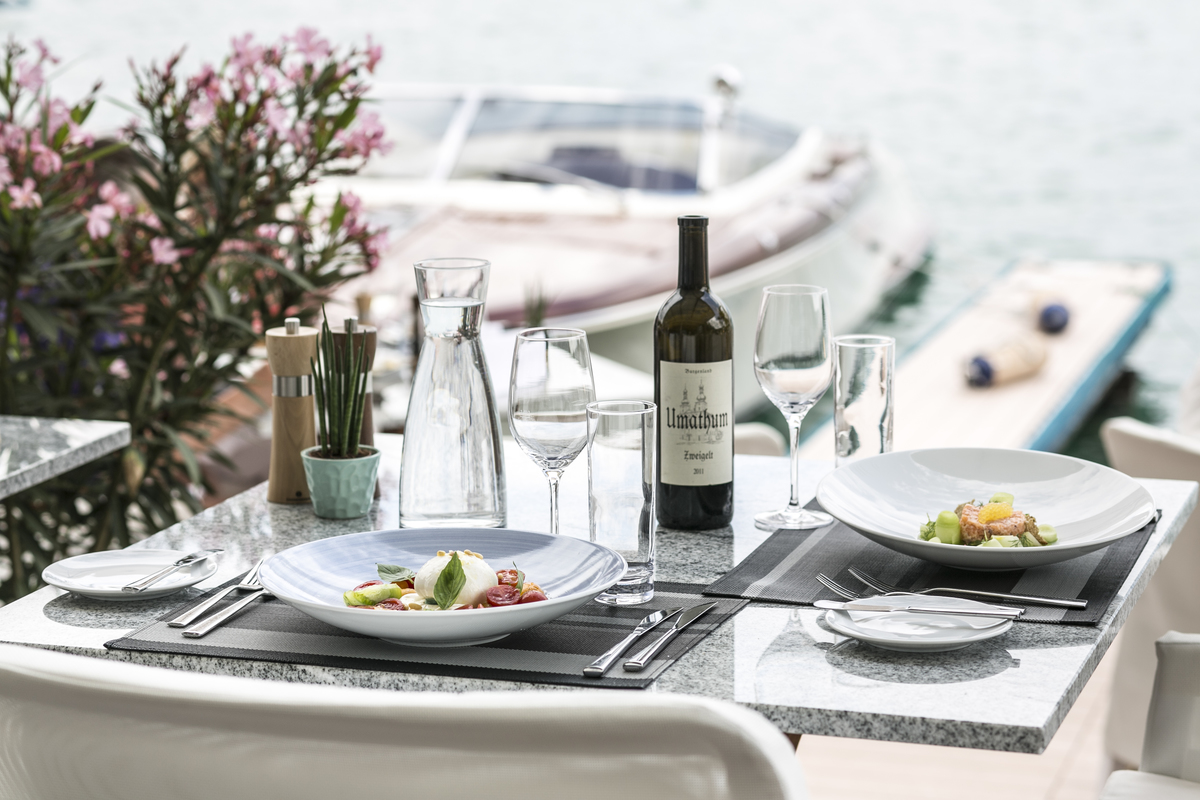
Theoretically, our readers could also start working as sommeliers in a castle hotel?
You would do well to attend a school or course. 😊 I did the Young Sommelier course at school and gained a few years of practical experience in the Austrian gastronomic landscape. That’s a good basis – in the next step you can decide whether to attend the course to become a graduate sommelier or the wine academy – at the moment I’m completing the final courses to become a wine academic.
What do a guest, a book and a lack of tips have to do with your career path?
That’s a funny story – because this is where my vocation really found me. For a long time, I worked on the tourism board and that was just too dry for me in the long run. I needed more action because I’m not an office person. So after 4.5 years, I went back to the 5-star hotel business. One day, there was a guest who somehow didn’t fit into the house at all – he never asked for a wine list, but wanted to know everything directly from me. He consciously challenged me. Because of the targeted questions every day, I had to and wanted to get to grips with the wines on our menu more intensively and realised how exciting the world of wine is. During the entire stay, the guest in question never gave me a tip, but gave me a book and said that the tip was in it – but I found nothing. The book was about manifestation and meditation and I couldn’t do anything with it, but one evening I picked it up and here I am – this experience, this guest has paved the way for me. The content still accompanies me today and helps me to pursue my goals with full focus.
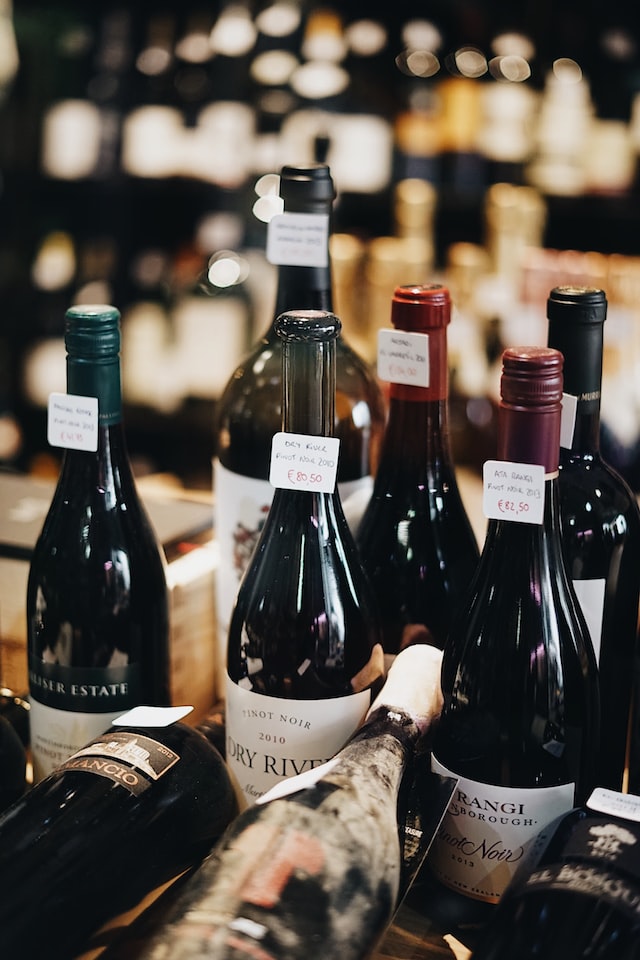
Your absolute favourite wine?
Phew, I can’t really be – there are too many good ones. But what I really like are wines that polarise, wines that surprise you because you think you know the taste beforehand, and equally good wines that leave a really lasting impression.
What can guests expect from your advice?
My aim is not just to recommend a wine to the guests at the Schlosshotel, but to give them some experience. I like to amaze our guests and broaden their horizons – which has always worked well for me so far 😊
"The wine world is simply too dynamic to be able to do more than sketch it out on paper."
Markus Gladitsch
Sommelier
What role do hashtags play in the wine list at Schlosshotel Velden?
To prepare the guests for the coming world of taste, I wrote a new wine list and tried to give each wine a basic face with hashtags. For example, a wine from the Neusiedlersee bears these attributes: #funky #slight #mineral #deep #tropical.fruit #smoke #herbal.zing #candied.orange.zest #nutmeg #biodyn – I think you can already imagine something.
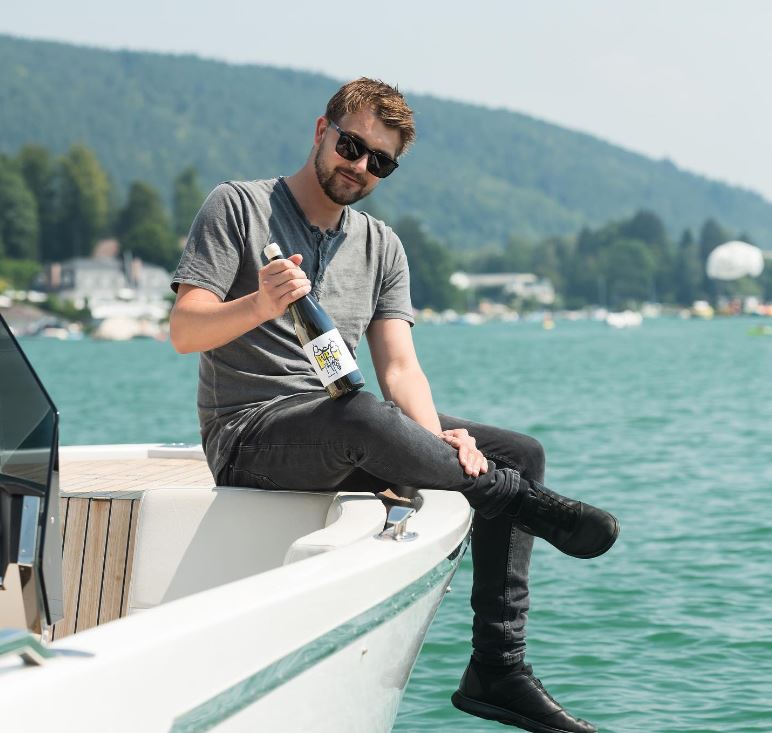
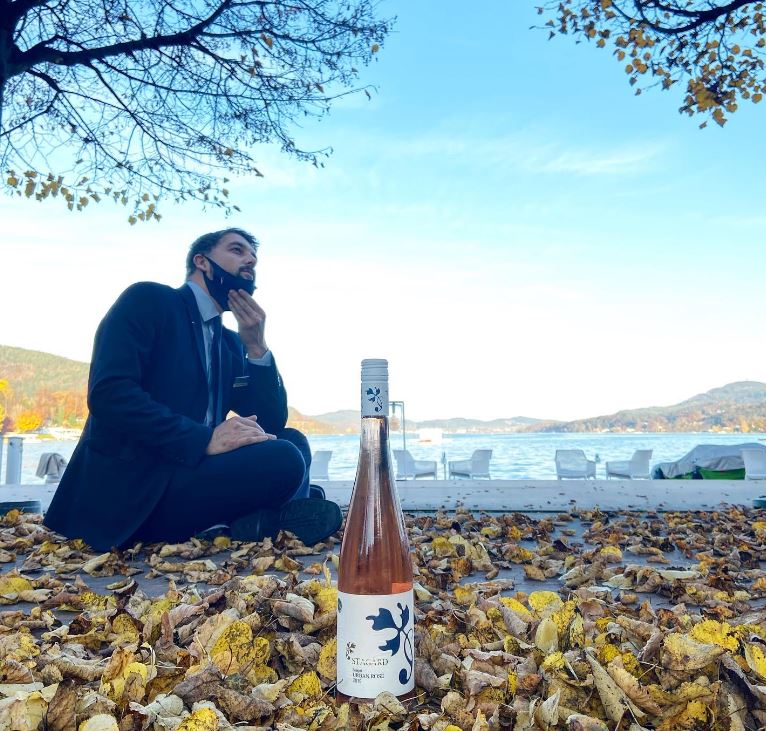
What can the guest expect from a “funky wine”?
A spectrum of aromas that you would not expect. Mostly unfiltered, hardly sulphured wines with slight cloudiness or white wines with a light tannin structure. Used correctly, these are ingenious, unforgettable wines.
Do you have any tips for budding wine collectors?
It’s best to start with wines from your home country and buy directly from winemakers. 70% white and 30% red – it’s funny, many people don’t know that you can also age white wine and that it often only shows its true structure after 3-5 years – most Smaragde wines from the Wachau age excellently. In the red range, I would advise storing single-varietal Blaufränkisch from southern Burgenland – after a few years, some of them have the elegance of a great Pinot Noir.
"Put Carinthia on your wine map!"
Markus Gladitsch
Sommelier
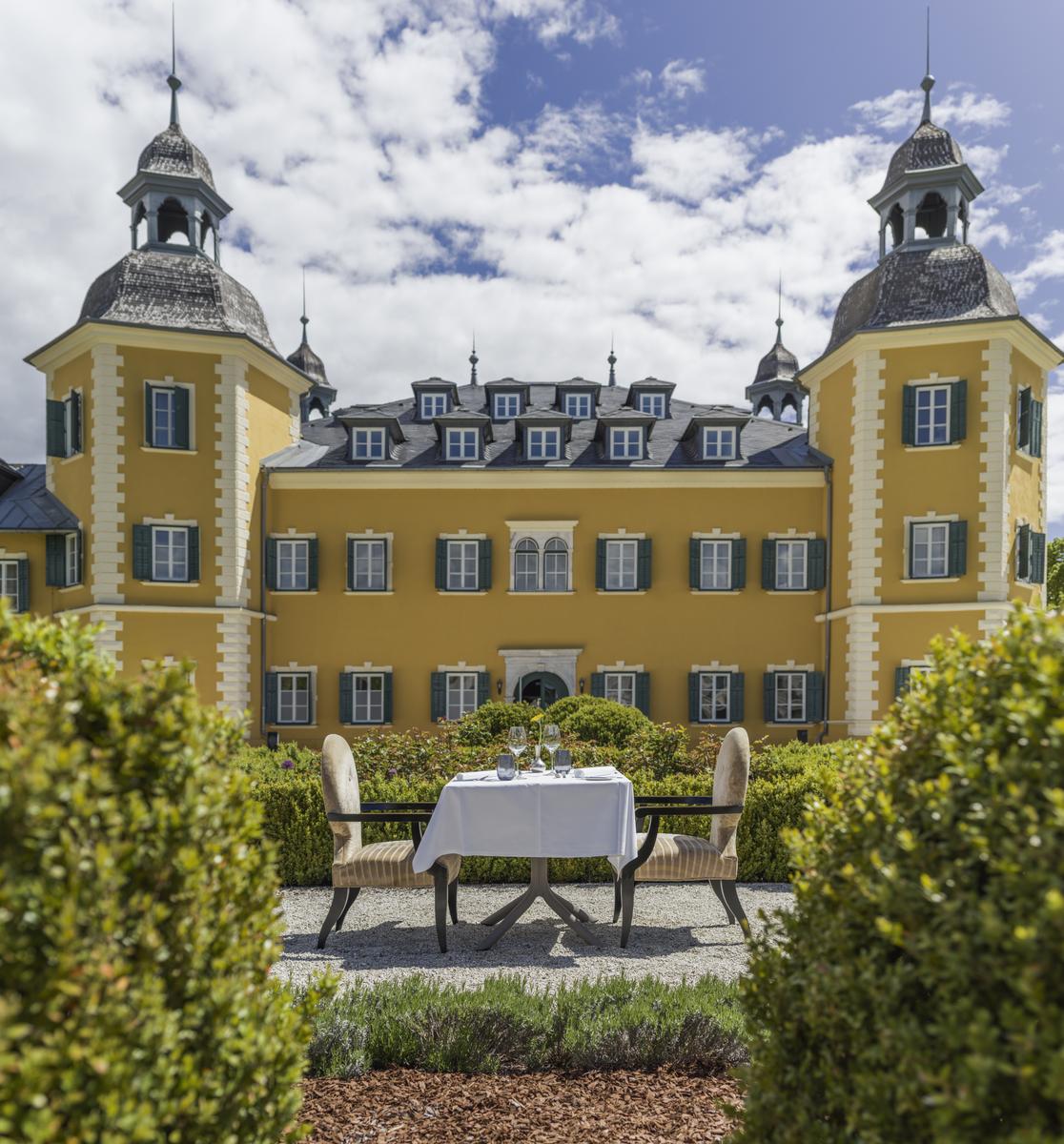
How did the exclusive Schlosswein for the Falkensteiner Schlosshotel Velden come about?
We actually produced an exclusive Schlosswein for the Schlössel. Carinthia is not a typical wine country, but it has potential and is still in its infancy, hence the idea – to show that Carinthia has the potential to produce great wine. The production was very limited and out of 400 bottles, there are only 20 left.
“From castle to castle
Our castle wine is a tight, mineral Riesling, which was produced together with the wine-growing pioneer Gartner family. The vines were found at Thürn Castle on steep clock stone terraces and were reminiscent of the steep slopes of the Wachau.
These are the last bottles from Carinthia’s oldest vines, which unfortunately no longer exist.
The labelling was also designed by no stranger?
The label of the Schlosswein was designed by Hans Salcher, making it even more unique.
This wine will go down in Carinthian wine history…
We used to sell the wine in the Seespitz, but I try to keep the bottles back now because they are a piece of Carinthian history – Thürn Castle was sold, and the vines from which our wine was made were unfortunately uprooted.
Enough chatting about wine! Book your holiday, pack your suitcase and taste the wine yourself at the Falkensteiner Schlosshotel! 😉



